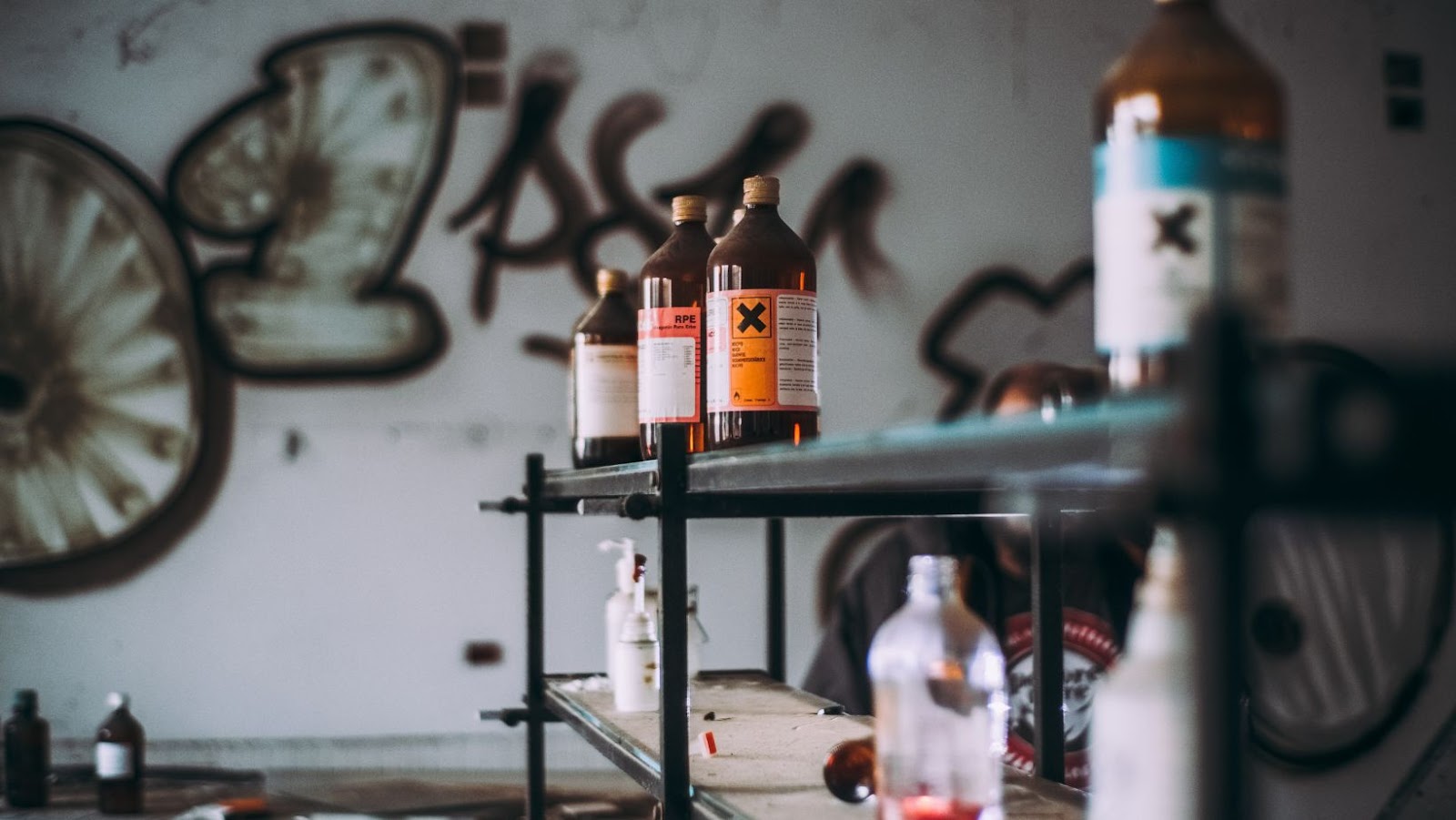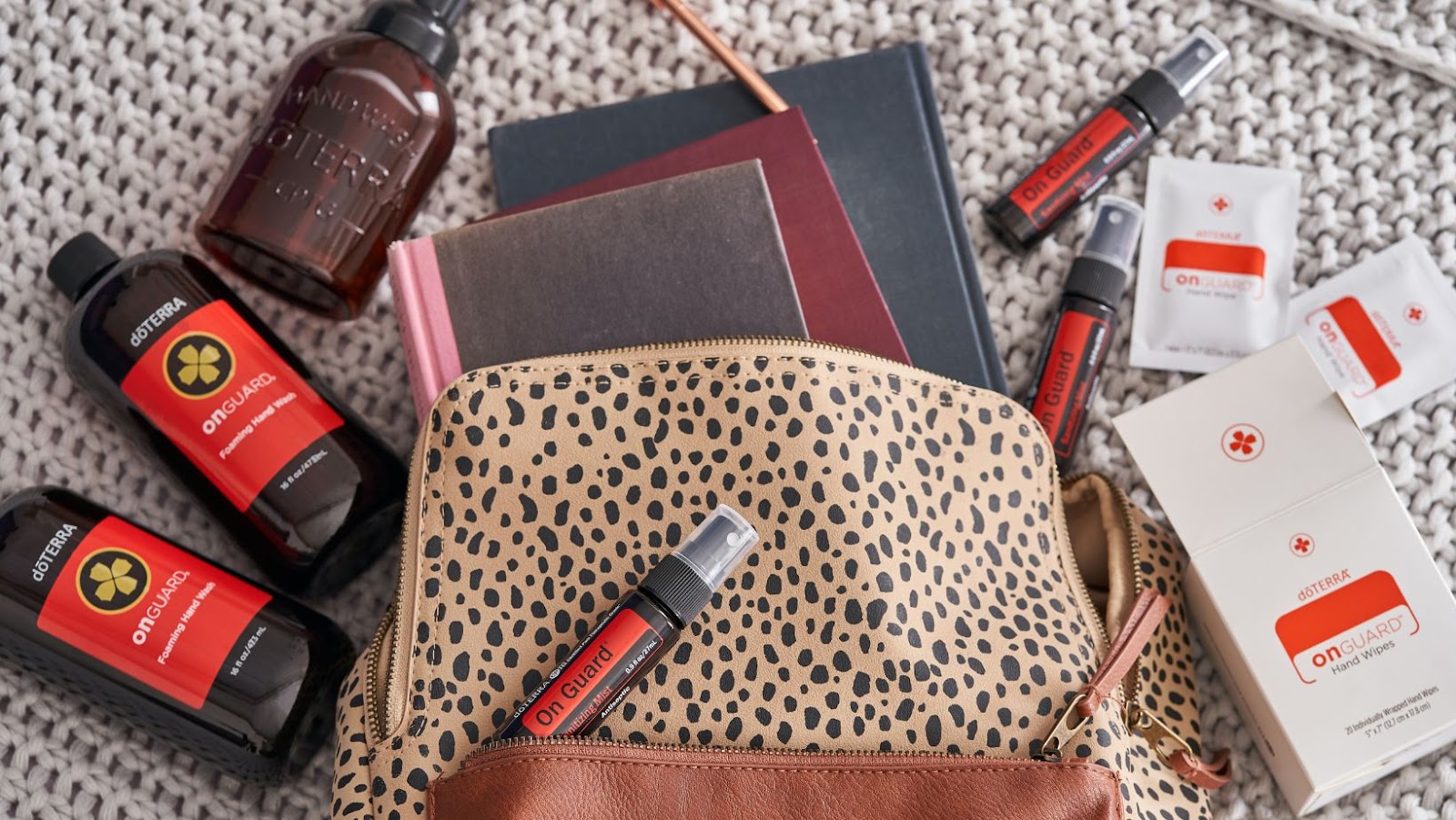Last Updated on December 26, 2022 by Deanne Robertson
Keeping your family safe is always a priority, but not all threats are visible. Some dangers lurk in the most unexpected places, so building defenses against them is challenging. Toxin exposure is one of these risks you may never be prepared enough for. The most daunting part is that most people hardly know that toxins are everywhere, in food, water, air, and items of everyday use.
You can consider the instance of Camp Lejeune water contamination, where many families bore the brunt of toxic water for years without even a hint of doubt. But you must not let anything harm your family due to a lack of awareness. A strategic approach can help you identify such threats and address them to save your loved ones. Here are a few practical tips to safeguard your family from the risks of toxin exposure.
Ditch Canned Food
Almost every American household uses canned food, which can be the worst culprit when it comes to harmful toxins. BPA (bisphenol A), a substance banned by the FDA for use in sippy cups and baby bottles, is still a part of the lining of aluminum cans.

Even if you may find BPA-free cans, they are made with substitute bisphenols that may be as toxic. The best way to address the risk is by ditching canned food. You can opt for Tetra Pak versions as a safer alternative. Even better, switch to fresh, home-cooked meals as they deliver the benefit of good health to your loved ones.
Give Up On Unnecessary Medications
Another simple measure to prevent toxin exposure is to give up on unnecessary medication. Medicines are full of harmful chemicals, which can have dire side effects over a prolonged period. Some chemicals are even toxic to humans. Of course, you cannot discard them completely if a family member has a chronic or severe medical condition. But it is still possible to avoid over-the-counter painkillers, sleeping pills, and anxiety medications. You can always find safer holistic alternatives to replace these medicines and live a toxin-free life.
Check Your Water Supply
Your household water supply may be contaminated, which is the worst-case scenario for families. Imagine the harm your kids or a pregnant woman consuming water-borne toxins every day may sustain in the long run. It was evident during the Camp Lejeune disaster, where victims sustained various types of cancers, digestive diseases, birth defects, and fetal deaths. Although victims and families can take legal action for Camp Lejeune contamination even decades later, the losses are irreplaceable. Caution is the key, so you must test your water supply regularly and report anomalies if any.
Read The Ingredient Lists Thoroughly
Personal care products and cosmetics can be hidden troublemakers because they often contain harmful chemicals and toxins. Read the ingredient list carefully every time you pick a product from the shelves. Parabens, phthalates, and other endocrine-disrupting chemicals can be extremely harmful. You can research online to learn the lingo and choose your stuff wisely. Thankfully, many companies are removing phthalates from their creams and lotions, so it is easy to find safer substitutes in the market. Experts recommend using the same tactic for household cleaners and washing products. You may even consider using natural ingredients like lemon and vinegar where possible.
Watch How You Use Your Plastics
Although plastic use is lower than ever in the country, people are hardly aware that using it the wrong way can lead to toxin exposure. Once again, awareness can be a savior because small changes in your lifestyle can reduce the risk. Avoid placing plastics in the microwave, even if they have a microwave-safe label. The heat can cause the leaching of plastics into food. Also, skip washing such containers in the dishwasher. Discard the etched plastic food containers because they do not have a barrier that prevents chemicals from reaching the food. The best piece of advice is to ditch all plastics in the first place. You can use metal and glass containers instead.

Daily toxins are the most harmful for families because people consume them unknowingly for years and decades. They cause slow but sure damage and may even lead to dangerous medical conditions down the line. But a few changes in your lifestyle are enough to ditch them for good and ensure a healthy, toxin-free life for your loved ones. Luckily, embracing these changes is easier than you imagine. You can follow these easy tips and make them a way of life to save your loved ones from harmful toxin exposure.




